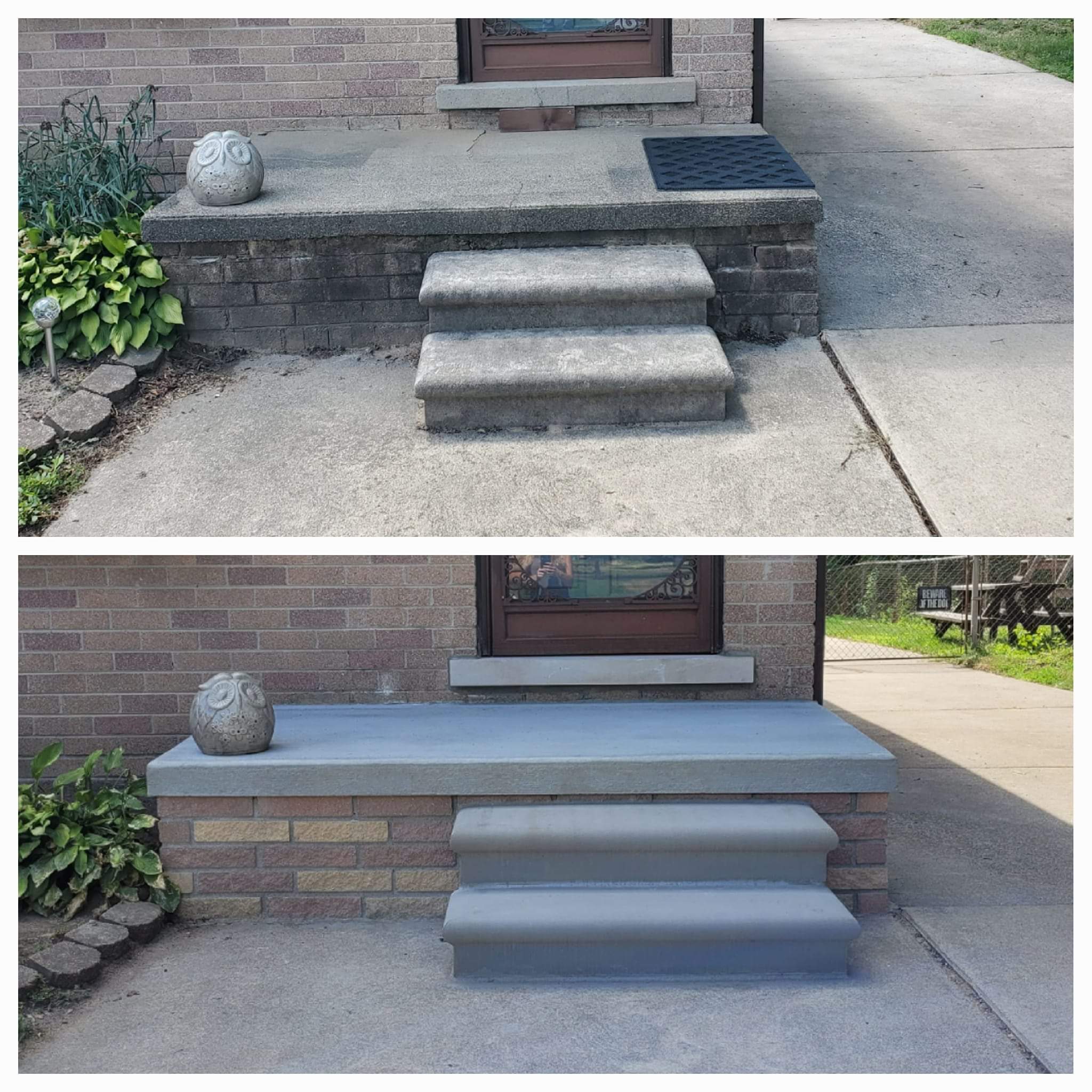
Masonry Construction Projects
Masonry construction projects are some of the most challenging structures to manage and build. The nature of the materials and the process of construction make it essential to have a well-trained and experienced team in charge. At Next Level Custom Brick we understand the challenges that come with masonry construction and have the experience to ensure your project is completed on time and within budget.
1. Define the scope of work for the project.
The scope of work for a masonry construction project typically includes the construction of walls, chimneys, fireplaces, and other features made from brick, stone, or concrete block. In some cases, the scope of work may also include the construction of foundations, terraces, or other structural elements. The scope of work will be determined by the plans and specifications prepared by the architect or engineer.
2. Assemble the project team.
The section should be formatted as a paragraph. The project team for a masonry construction project typically includes the project manager, masonry foreman, masonry supervisor, masonry laborers, and safety personnel. The project manager is responsible for overall project coordination and management, while the masonry foreman is responsible for coordination of the masonry crew. The masonry supervisor oversees the day-to-day operations of the masonry crew and is responsible for quality control. The masonry laborers perform the actual masonry work, and the safety personnel are responsible for ensuring that all safety protocols are followed.
3. Create a project schedule.
When it comes to masonry construction projects, one of the most important things that you can do is create a detailed and accurate project schedule. This schedule will serve as a roadmap for the entire project and will help ensure that everyone involved is on the same page in terms of what needs to be done and when.
There are a few key elements that should be included in every project schedule:
-A clear and concise overview of the project, including its overall objective, timeline, and budget.
-A breakdown of the different phases of the project, and what tasks need to be completed during each phase.
-A listing of the people who will be responsible for each task, and when they are expected to complete it.
-A clear communication plan, so that everyone involved in the project knows how and when they will receive updates.
By taking the time to create a comprehensive and well-organized project schedule, you can help ensure that your masonry construction project stays on track from start to finish.
4. Obtain the necessary permits.
Construction projects always require the right permits before any work can begin. There are many different permits that may be needed depending on the type of work being done and the location of the project. The first step is to determine which permits are required. The permits must be obtained from the appropriate government agency. In some cases, the permits can be obtained online. In other cases, they must be obtained in person. The agency will need to be provided with information about the project, such as the type of work to be done, the location of the project, and the estimated cost of the project. They will also need to be provided with a list of the materials that will be used for the project. Once the agency has all of the information they need, they will be able to issue the permits.
5. Source the materials.
When it comes to sourcing the materials for a masonry construction project, it is important to work with a reputable supplier who can provide the high-quality materials you need. Here are a few tips to help you source the right materials for your project:
1. Do your research: It is important to do your research and ask around for recommendations when it comes to sourcing the materials for your project. Make sure to get quotes from different suppliers so that you can compare prices and find the best deal.
2. only work with reputable suppliers: When it comes to sourcing the materials for your project, it is important to only work with reputable suppliers. This way, you can be sure that you are getting high-quality materials that will meet your standards.
3. Get everything in writing: Once you have found a supplier that you would like to work with, be sure to get everything in writing. This way, you will have a formal agreement that outlines the materials that will be provided and the cost.
4. Inspect the materials: Once the materials have been delivered, be sure to inspect them to make sure that they meet your quality standards. If there are any issues, be sure to contact the supplier so that they can be rectified.
5. Have a backup plan: It is always a good idea to have a backup plan in place in case something goes wrong with the original supplier. This way, you can be sure that you will still be able to get the materials you need for your project.
6. Execute the project according to plan.
After the project manager has developed a construction plan and schedule, it is time to execute the project. This means putting the plan into action and making sure that the project is completed according to schedule. The project manager is responsible for making sure that the project is completed on time, within budget, and to the required standards.
To do this, the project manager must coordinate the work of the various teams involved in the project, including the masons, laborers, engineers, and other specialists.
The project manager must also monitor the progress of the work and make sure that quality standards are being met. In some cases, the project manager may need to take corrective action if the project is not proceeding according to plan. The project manager must also communicate with the client or sponsor of the project to keep them updated on the progress of the work. It is important that the client is happy with the project and that there are no surprises at the end.
The project manager is ultimately responsible for the successful completion of the project. By following the construction plan and keeping a close eye on the progress of the work, the project manager can ensure that the project is completed on time, within budget, and to the required standards.
7. Close out the project.
The closeout process for a masonry construction project is critical to ensuring the quality of the finished product. This process begins with a final inspection of the work by the contractor and the project manager. They will identify any areas that need to be repaired or corrected.
Once the repairs have been made, the project manager will prepare a final punch list of items that need to be completed before the project can be closed out. This list will be given to the contractor, who will then complete the work.
After the punch list items have been completed, the project manager will conduct a final walk-through of the project with the contractor. This walk-through is to confirm that all work has been completed to the satisfaction of the owner.
Once the final walk-through is complete, the project manager will issue a certificate of completion to the contractor. This signals the end of the contractor’s work on the project.
The project manager will then work with the owner to finalize any punch list items that may remain. Once all punch list items are complete, the project is considered closed out and the owner can take possession of the completed project.
Masonry construction projects are some of the most challenging and rewarding projects to manage. With proper planning and execution, they can be completed successfully and on time. However, masonry construction projects can also be very difficult to manage due to the many different variables involved. In order to successfully manage a masonry construction project, it is important to have a clear understanding of the project scope, the masonry materials and methods, and the construction process. With this knowledge, you will be able to effectively plan and execute the project.
For more information or questions about your next masonry construction project, contact Next Level Custom Brick at 734-292-5250. Discover how we manage projects with precision.



